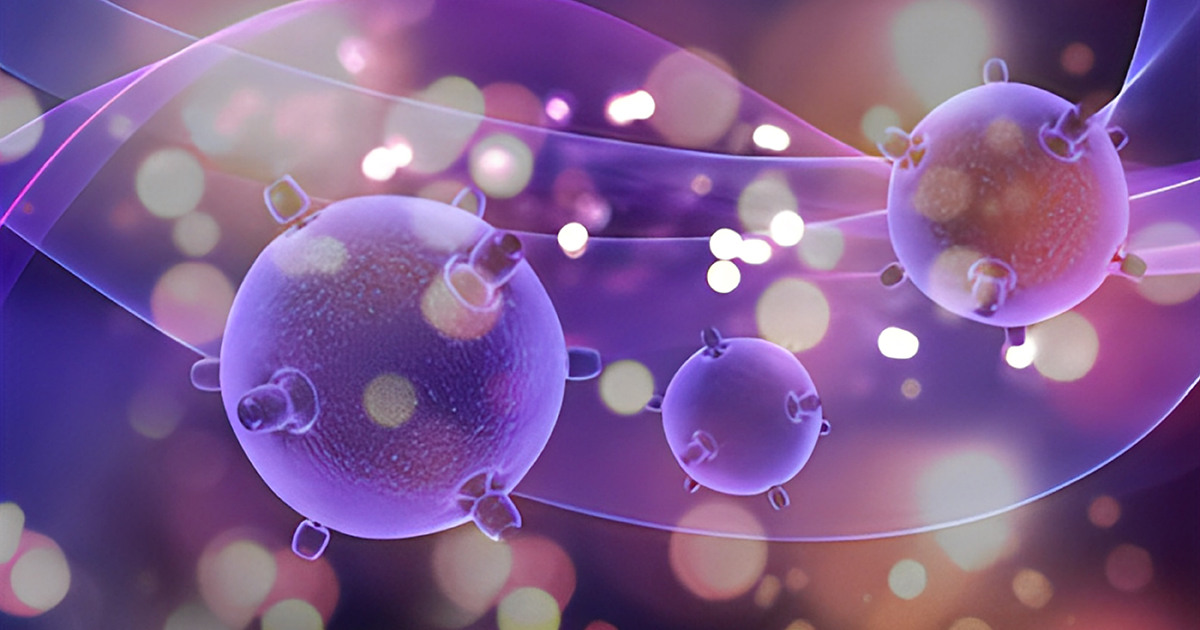Current Methodology Advances in Cell Therapy Applications
A special issue of Methods and Protocols (ISSN 2409-9279).
Deadline for manuscript submissions: 25 September 2025 | Viewed by 3881

Special Issue Editors
Interests: cellular reprogramming; induced pluripotent stem cells; iPSCs; bromodomain extra terminal (BET) protein; epigenetics; molecular biology; cell biology
Special Issues, Collections and Topics in MDPI journals
Interests: cell biology; molecular biology; transcriptional regulation; cardiac and skeletal muscle physiology
Special Issues, Collections and Topics in MDPI journals
Interests: genome engineering; CRISPR technology; gene editing; hiPSCs; clinically relevant model systems; cell therapy; drug discovery; regulation of transcription by epigenetics
Special Issues, Collections and Topics in MDPI journals
Special Issue Information
Dear Colleagues,
Cell Therapy per definition uses cellular material that is injected or transplanted into a patient with the aim of treating a disease. Cell Therapy approaches are naturally diverse. Approaches can use autologous (i.e., patient self-derived) material or allogeneic cells (derived from either genetically matched donors or from engineered stem cells). One prominent and well-studied example of Cell Therapy applications are autologous CAR T therapies, where patient T cells are genetically engineered to express specific tumor-targeting chimeric antigen receptors. CAR T therapies have proven to be an efficient treatment for a variety of hematologic cancers. Alternatively, stem cell-derived allogeneic therapies use genetically engineered human stem cells or human-induced pluripotent stem cells that will later be differentiated into the desired effector cells, ensuring a much wider target range. Such allogeneic therapy will provide almost unlimited material and can be applied to a larger number of patients. Cell-based therapies are a rapidly developing field with high medical interest. Cell Therapy development uses cutting-edge techniques that are constantly optimized in several fields: generation of appropriate cell sources, genetic engineering of donor cells, differentiation protocols for stem cell-based products and aspects of safety studies, and rigorous quality assurance procedures for Cell Therapy products.
This Special Issue of Methods and Protocols wants to bridge all these efforts and to collect recent advances in methods, procedures, and protocols for all areas of Cell Therapy applications. We are very much looking forward to receiving your invaluable contributions.
Dr. Kejin Hu
Dr. Lucia Monaco
Dr. Philip Hublitz
Guest Editors
Manuscript Submission Information
Manuscripts should be submitted online at www.mdpi.com by registering and logging in to this website. Once you are registered, click here to go to the submission form. Manuscripts can be submitted until the deadline. All submissions that pass pre-check are peer-reviewed. Accepted papers will be published continuously in the journal (as soon as accepted) and will be listed together on the special issue website. Research articles, review articles as well as short communications are invited. For planned papers, a title and short abstract (about 100 words) can be sent to the Editorial Office for announcement on this website.
Submitted manuscripts should not have been published previously, nor be under consideration for publication elsewhere (except conference proceedings papers). All manuscripts are thoroughly refereed through a single-blind peer-review process. A guide for authors and other relevant information for submission of manuscripts is available on the Instructions for Authors page. Methods and Protocols is an international peer-reviewed open access semimonthly journal published by MDPI.
Please visit the Instructions for Authors page before submitting a manuscript. The Article Processing Charge (APC) for publication in this open access journal is 1800 CHF (Swiss Francs). Submitted papers should be well formatted and use good English. Authors may use MDPI's English editing service prior to publication or during author revisions.
Keywords
- cell therapy
- autologous
- allogeneic
- stem cell-based therapies
- T cell engineering
- immuno-oncology
- tissue repair
Benefits of Publishing in a Special Issue
- Ease of navigation: Grouping papers by topic helps scholars navigate broad scope journals more efficiently.
- Greater discoverability: Special Issues support the reach and impact of scientific research. Articles in Special Issues are more discoverable and cited more frequently.
- Expansion of research network: Special Issues facilitate connections among authors, fostering scientific collaborations.
- External promotion: Articles in Special Issues are often promoted through the journal's social media, increasing their visibility.
- Reprint: MDPI Books provides the opportunity to republish successful Special Issues in book format, both online and in print.
Further information on MDPI's Special Issue policies can be found here.








